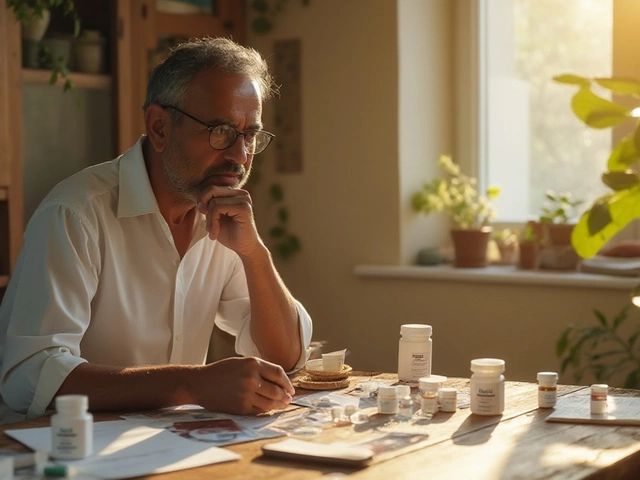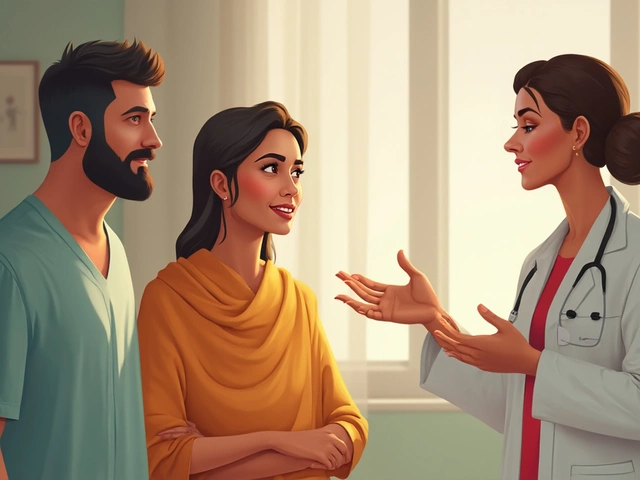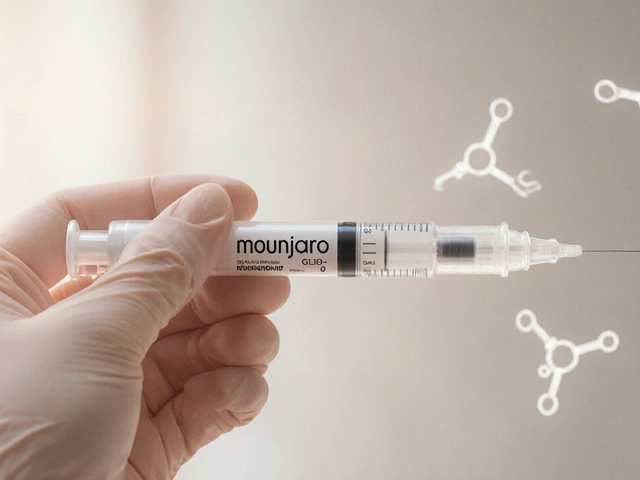Why Trust Matters When You Read About Medicines
We all scroll past headlines about new drugs, scary side effects, or miracle cures. The truth is, not every article is backed by solid facts. When you trust the source, you avoid unnecessary worries and risky choices. If the info is shaky, you might skip a life‑saving drug or take something harmful. That’s why spotting trustworthy content should be a daily habit.
How to Spot Trustworthy Health Content
First, check the author. Look for a medical credential—MD, PhD, or a recognized health journalist—and see if the bio mentions real experience. Next, scan for citations. Reliable pieces link to peer‑reviewed studies, government guidelines, or reputable hospitals. If an article only cites vague "research" or no source at all, be skeptical.
Pay attention to the tone. Trustworthy articles explain risks and benefits without hype. They won’t promise a "cure" in a week or use buzzwords like "miracle" or "secret". Also, watch out for heavy affiliate links or repeated product plugs; that often means the goal is sales, not education.
Finally, see when the piece was published. Medical guidelines change fast—what was true five years ago may be outdated now. A recent date, especially with a note about the latest guidelines, is a good sign.
Building Trust with Your Doctor and Healthcare System
Even the best online article can’t replace a face‑to‑face conversation. Bring the information you found to your appointment and ask the doctor to weigh in. A good clinician will explain why a study matters or why it might not fit your specific case. If they dismiss your concerns without explanation, you might need to look for another professional.
Ask for written resources. Many hospitals provide patient handouts or links to official health portals like the Ministry of Health’s site. Those are vetted for local regulations and are more likely to reflect the medicines you actually get in India.
Don’t forget follow‑up. After starting a new drug, note any side effects and report them. When you see the doctor later, you’ll have real data to discuss, which builds a two‑way trust—your doctor trusts your observations, and you trust their guidance.
In short, trust isn’t given; it’s earned through clear credentials, solid evidence, and honest communication. By checking authors, sources, dates, and tone online, and by keeping an open dialogue with your doctor, you protect yourself from misinformation and make better health choices.

Can I Overshare with My Therapist? What You Need to Know
Ever wondered if you can share too much in therapy? This article breaks down what oversharing really means in a therapy setting, what to expect when opening up, and how to handle awkward or intense moments. You'll get practical tips for building honest conversations with your therapist and learn why trust is the backbone of the process. Find out how to deal with those 'Did I just say that?' feelings and how to make the most out of every session.

Discovering the Top Diabetes Medication in 2025
Jan, 3 2025

Heart Surgery Duration: What to Expect
Jan, 7 2025


